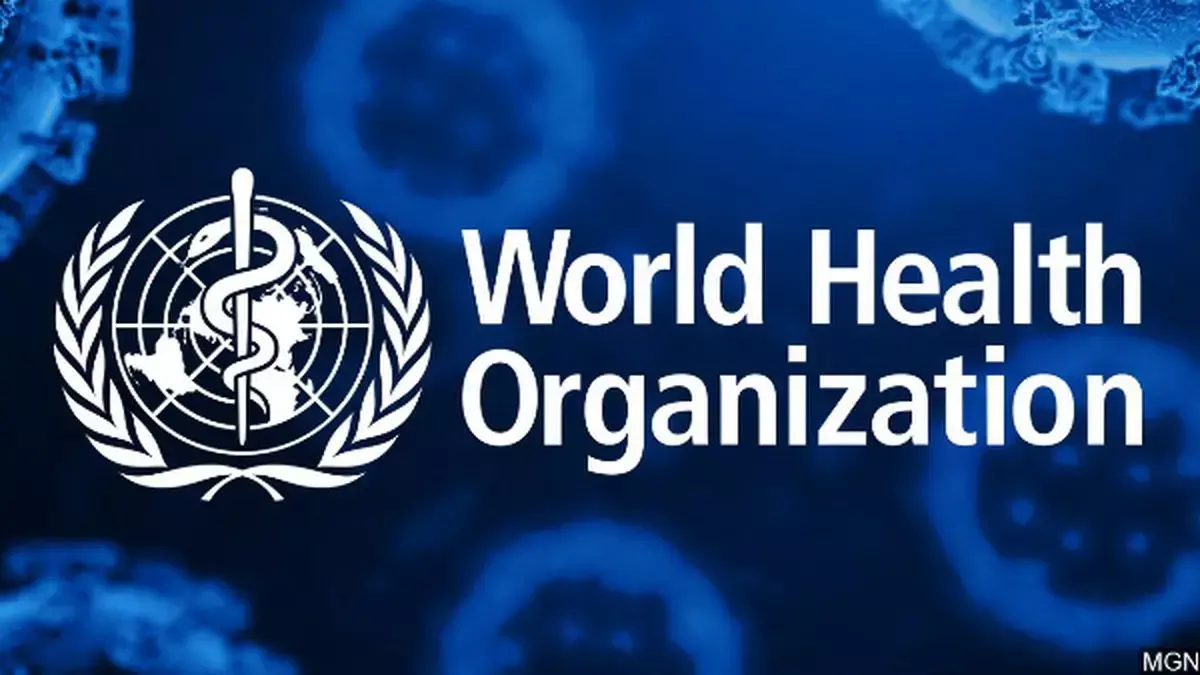- Home
- Medical news & Guidelines
- Anesthesiology
- Cardiology and CTVS
- Critical Care
- Dentistry
- Dermatology
- Diabetes and Endocrinology
- ENT
- Gastroenterology
- Medicine
- Nephrology
- Neurology
- Obstretics-Gynaecology
- Oncology
- Ophthalmology
- Orthopaedics
- Pediatrics-Neonatology
- Psychiatry
- Pulmonology
- Radiology
- Surgery
- Urology
- Laboratory Medicine
- Diet
- Nursing
- Paramedical
- Physiotherapy
- Health news
- Fact Check
- Bone Health Fact Check
- Brain Health Fact Check
- Cancer Related Fact Check
- Child Care Fact Check
- Dental and oral health fact check
- Diabetes and metabolic health fact check
- Diet and Nutrition Fact Check
- Eye and ENT Care Fact Check
- Fitness fact check
- Gut health fact check
- Heart health fact check
- Kidney health fact check
- Medical education fact check
- Men's health fact check
- Respiratory fact check
- Skin and hair care fact check
- Vaccine and Immunization fact check
- Women's health fact check
- AYUSH
- State News
- Andaman and Nicobar Islands
- Andhra Pradesh
- Arunachal Pradesh
- Assam
- Bihar
- Chandigarh
- Chattisgarh
- Dadra and Nagar Haveli
- Daman and Diu
- Delhi
- Goa
- Gujarat
- Haryana
- Himachal Pradesh
- Jammu & Kashmir
- Jharkhand
- Karnataka
- Kerala
- Ladakh
- Lakshadweep
- Madhya Pradesh
- Maharashtra
- Manipur
- Meghalaya
- Mizoram
- Nagaland
- Odisha
- Puducherry
- Punjab
- Rajasthan
- Sikkim
- Tamil Nadu
- Telangana
- Tripura
- Uttar Pradesh
- Uttrakhand
- West Bengal
- Medical Education
- Industry
WHO experts recommend booster dose of Covid-19 vaccine for immunocompromised group

Geneva, Oct 12 -Vaccine advisers of the World Health Organization (WHO) have discussed and evaluated several vaccine issues, including a recommendation that people who are moderately or severely immunocompromised receive a third COVID-19 vaccine dose.
The WHO had earlier called for a global moratorium on Covid-19 booster doses, aiming for a more equitable distribution of vaccines globally to enable every country to vaccinate at least 40 percent of its population.
The Strategic Advisory Group of Experts (SAGE) have advised that an additional dose in the vaccine series should be offered to people in the immunocompromised groups as they are at high risk for severe disease. The expert group said that the third-dose recommendation applies to all vaccines that have been approved by WHO for emergency use including Pfizer-BioNTech, AstraZeneca-Oxford, Johnson & Johnson, Moderna, Sinopharm, and Sinovac.
Since the end of September, several Covid-19 vaccines have been certified by the WHO UEL, including Pfizer-BioNTech, Janssen, Moderna, Sinopharm, Sinovac, AstraZeneca, and Covishield.
The Strategic Advisory Group of Experts (SAGE) called upon countries to prioritize 2-dose coverage in that age group, then administer third doses, starting with the oldest age groups. That is the reason why world health organization previously urged countries to postpone broader use of booster doses to free up more vaccine for countries that had much less access to supplies.
For Sinopharm and Sinovac, two inactivated vaccines from China, SAGE said a third dose should be offered to people ages 60 and older as part of an extended primary series. It added that a third dose of a different vaccine could be considered, based on vaccine supply and access.
SAGE said it had also reviewed COVAXIN, made by India's Bharat Biotech, and a policy recommendation will be issued once the vaccine is approved by the WHO UEL.
Third doses of the Chinese Sinovac and Sinopharm inactivated virus vaccines should be offered to those over 60, said WHO experts.
Meanwhile, the use of a heterologous (or live virus) jab for the additional dose may also be considered based on vaccine supply and access considerations.
Dr Kartikeya Kohli is an Internal Medicine Consultant at Sitaram Bhartia Hospital in Delhi with super speciality training in Nephrology. He has worked with various eminent hospitals like Indraprastha Apollo Hospital, Sir Gangaram Hospital. He holds an MBBS from Kasturba Medical College Manipal, DNB Internal Medicine, Post Graduate Diploma in Clinical Research and Business Development, Fellow DNB Nephrology, MRCP and ECFMG Certification. He has been closely associated with India Medical Association South Delhi Branch and Delhi Medical Association and has been organising continuing medical education programs on their behalf from time to time. Further he has been contributing medical articles for their newsletters as well. He is also associated with electronic media and TV for conduction and presentation of health programs. He has been associated with Medical Dialogues for last 3 years and contributing articles on regular basis.
Dr Kamal Kant Kohli-MBBS, DTCD- a chest specialist with more than 30 years of practice and a flair for writing clinical articles, Dr Kamal Kant Kohli joined Medical Dialogues as a Chief Editor of Medical News. Besides writing articles, as an editor, he proofreads and verifies all the medical content published on Medical Dialogues including those coming from journals, studies,medical conferences,guidelines etc. Email: drkohli@medicaldialogues.in. Contact no. 011-43720751


